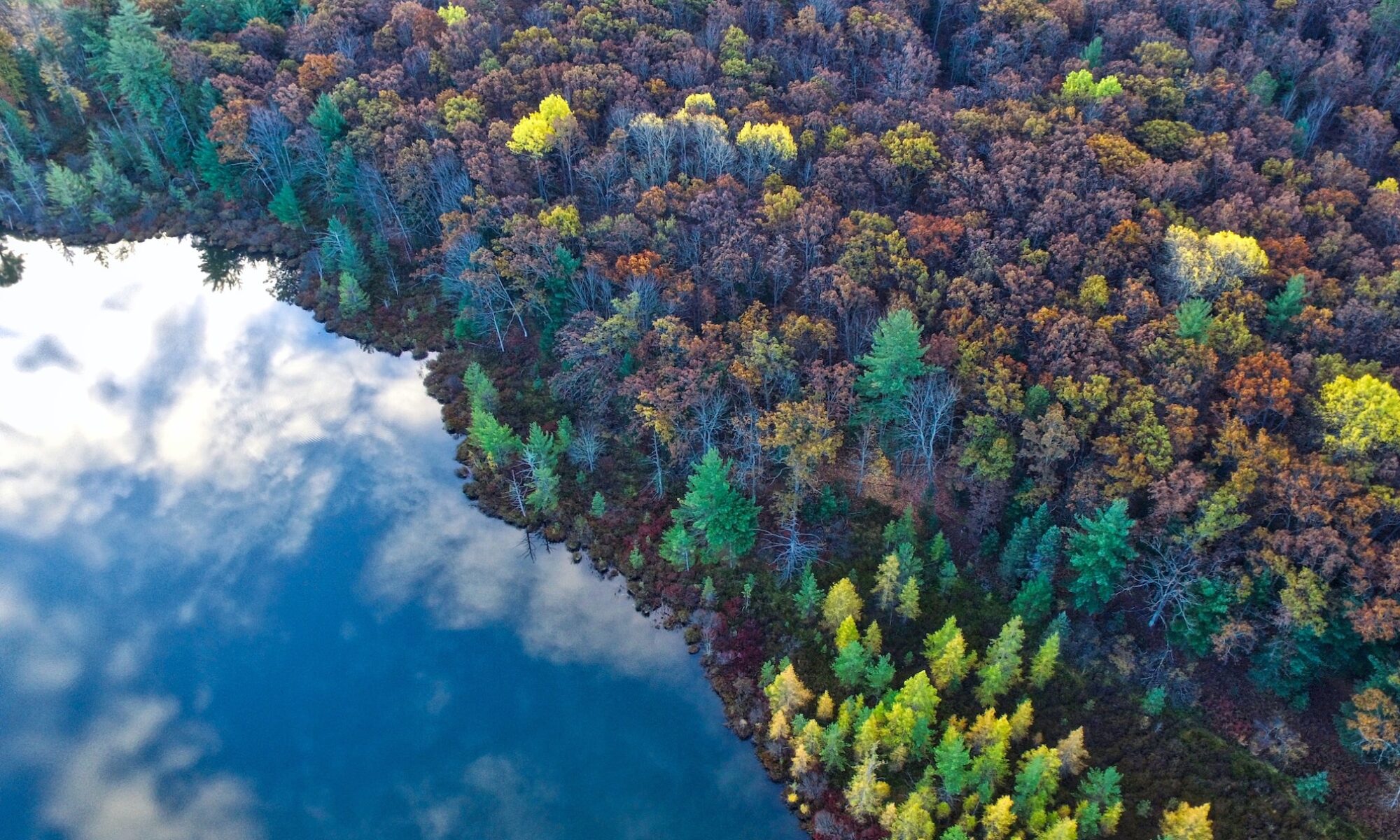Date: 10 December 2009
Court: Refugee Review Tribunal of Australia
Citation(s): 0907346 [2009] RRTA 1168
Short summary
Australia does not have an obligation to accept climate migrants with no fear of specific persecution in their home country as refugees under its domestic adoption of the Refugee Convention.
Summary by: Lucas Robinson
Click here to open the case in PDF format
Weight of decision
This decision of the Refugee Review Tribunal of Australia bears moderate weight in immigration cases in the Commonwealth of Australia.
Key facts
The applicant was a citizen of Kiribati who arrived in Australia in 2007 and applied for a Protection visa under §65 of the Migration Act 1958 in May 2009. The application was denied by a delegate of the Minister for Immigration and Citizenship in August 2009.
The applicant claimed that the environmental and economic changes in Kiribati caused by rising sea levels made it impossible for him to earn a living there. In his application, he claimed that some of the islands in Kiribati had already disappeared, and saltwater was springing up through the ground and spoiling the drinking well water, as well as devastating food crops. The applicant’s health had been directly impacted because of the loss of food crops on Kiribati.
The applicant submitted that these impacts on him constituted persecution that should trigger protections under the 1951 Refugee Convention and the Migration Act 1958.
Previous instances
The application for review by the RRTA was sought after the decision made by a delegate of the Minister for Immigration and Citizenship to refuse to grant the applicant a Protection Visa under §65 of the Migration Act 1958.
Summary of holding
The RRTA affirmed the Minister’s decision not to grant the applicant a Protection Visa, finding that in the absence of a discriminatory motivation, Australia’s protection obligations were not triggered. The Tribunal held found that the continued production of carbon emissions that cause climate change is not sufficient to constitute persecution under the Refugee Convention as there was no evidence that the persecution the applicant was fearing was occurring because of his membership to any particular group (or any other protected ground for refugee status). People affected by climate change were not recognized as a cognizable group of people in need of protection. Because the applicant was not part of a particular group, he did not fit the convention definition of a refugee.
Continued on the next page…

